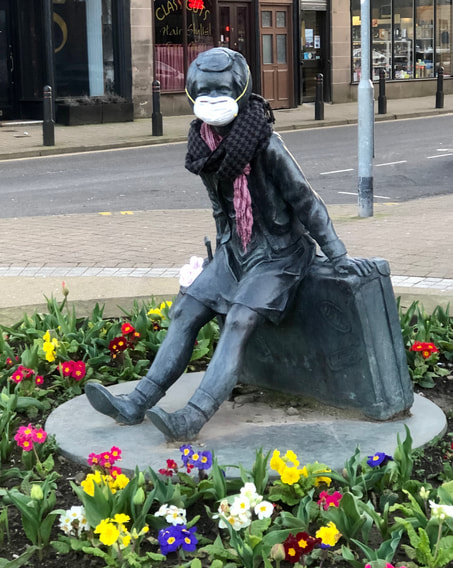Planned activities
Our research into how artists have adapted to changes under quarantine will take place in three phases: 1) Preparations and research; 2) Individual online interviews; and 3) An online artist roundtable.
June-July:
We will focus on preparing for the forthcoming interviews. We will submit an ethics protocol to the Research Ethics Board. While awaiting approval, we will create a website to house blogs and multimedia data. We will also conduct research into how performers globally have been affected by COVID-19 and how they have adapted. We will post examples in an introductory blog entry to provide context.
August-September:
We will reach out to 6-8 performers in different countries to see how each has been affected by COVID-19, looking for differences and similarities in their situations, as well as any positive experiences. We will send each artist a short questionnaire, following-up with a 20-30 minute online interview to delve further into the questionnaire responses. Key findings will be posted to the website, including multimedia material from interviews or pertaining to the artists’ works.
October:
We will invite the artists to participate in a 1.5 hour online roundtable. The goals will be to further understand artist adaptations to COVID-19 around the world through facilitating online dialogue, and to assist in de-isolating artists. Key findings will be posted to the website, including multimedia extracts. The project will conclude with an evaluatory blog entry, discussing how the project may be extended further through continued research
June-July:
We will focus on preparing for the forthcoming interviews. We will submit an ethics protocol to the Research Ethics Board. While awaiting approval, we will create a website to house blogs and multimedia data. We will also conduct research into how performers globally have been affected by COVID-19 and how they have adapted. We will post examples in an introductory blog entry to provide context.
August-September:
We will reach out to 6-8 performers in different countries to see how each has been affected by COVID-19, looking for differences and similarities in their situations, as well as any positive experiences. We will send each artist a short questionnaire, following-up with a 20-30 minute online interview to delve further into the questionnaire responses. Key findings will be posted to the website, including multimedia material from interviews or pertaining to the artists’ works.
October:
We will invite the artists to participate in a 1.5 hour online roundtable. The goals will be to further understand artist adaptations to COVID-19 around the world through facilitating online dialogue, and to assist in de-isolating artists. Key findings will be posted to the website, including multimedia extracts. The project will conclude with an evaluatory blog entry, discussing how the project may be extended further through continued research

A mask is added to the sculpture of "Wee Annie" by Angela Hunter
in Gourock, Scotland. Image courtesy of Wiki Commons.
